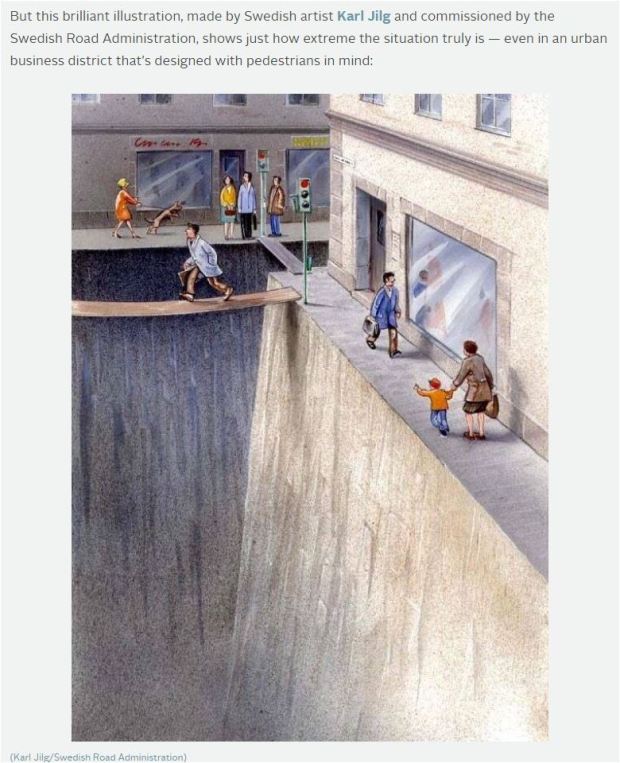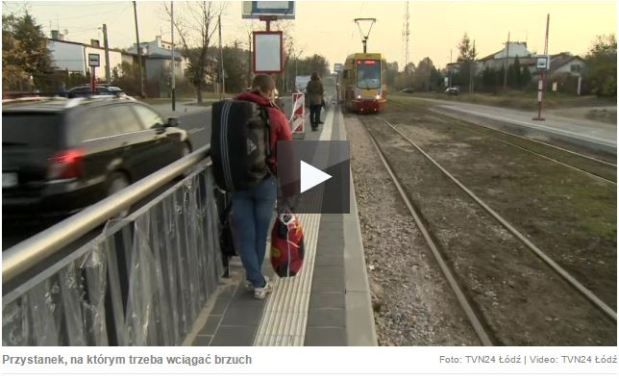
Speed is a fact and cars have priority in urban areas. Source: © iStockphoto.com / Sze Kit Poon.
The “Slow Cities” movement promotes the deceleration of urban life. In Spain, six urban centers are already attached to this initiative, which began in Italy in 1999
“Slow Cities” are characterized by a way of life in which their citizens slow down, traditional tradition and ways are valued, without neglecting the technological advances that help to improve the quality of life. These cities acquire a personalized style and are no longer part of a homogenized world. It is the movement “Cittaslow”, which began in Italy in October 1999 has spread throughout the world.
* Article by Rosae Martín, from Microtendencias21, Nov. 7, 2013

 The construction of a well-defined, broadly accepted agenda for New Mobility until the present time has been sadly lacking. But what we and a numb er of our international colleagues have managed to develop over the last two decades is a certain number of agreed basic principles spanning many different areas and kinds of operational situations, but somehow until now we have failed to put them all together into a well-defined, convincing operational and policy package. We think of this as the move toward a new paradigm for transport in cities – and it all starts with . . . slowing down.
The construction of a well-defined, broadly accepted agenda for New Mobility until the present time has been sadly lacking. But what we and a numb er of our international colleagues have managed to develop over the last two decades is a certain number of agreed basic principles spanning many different areas and kinds of operational situations, but somehow until now we have failed to put them all together into a well-defined, convincing operational and policy package. We think of this as the move toward a new paradigm for transport in cities – and it all starts with . . . slowing down.




 our friends, create a comprehensive, easy-to-use, free platform offering ready access to the full contents of the close to seventy editions of the
our friends, create a comprehensive, easy-to-use, free platform offering ready access to the full contents of the close to seventy editions of the 
 themselves are, ever so sadly, not learning. At least not thus far. ) Let me put this in other, stronger words. If your city is not giving careful attention to these equitable pedestrian issues, well you are living in a seriously underdeveloped, inequitable, third-rate city. Face it! Let us hear what Kevin Cutajar of the Gozo Federation Persons with Disability has to say on this as he goes eye to eye with government authorities on this important issue. If he does not speak up, who will?
themselves are, ever so sadly, not learning. At least not thus far. ) Let me put this in other, stronger words. If your city is not giving careful attention to these equitable pedestrian issues, well you are living in a seriously underdeveloped, inequitable, third-rate city. Face it! Let us hear what Kevin Cutajar of the Gozo Federation Persons with Disability has to say on this as he goes eye to eye with government authorities on this important issue. If he does not speak up, who will? Dear Penang Friends and Participants in the Sustainable Penang/New Mobility Agenda program,
Dear Penang Friends and Participants in the Sustainable Penang/New Mobility Agenda program,


 On 11 November, the following question was posted by
On 11 November, the following question was posted by 

